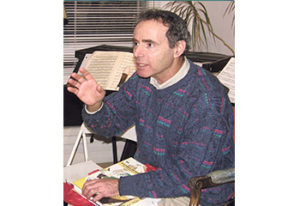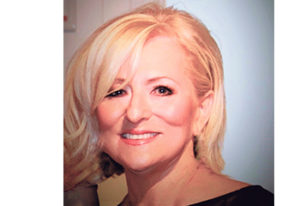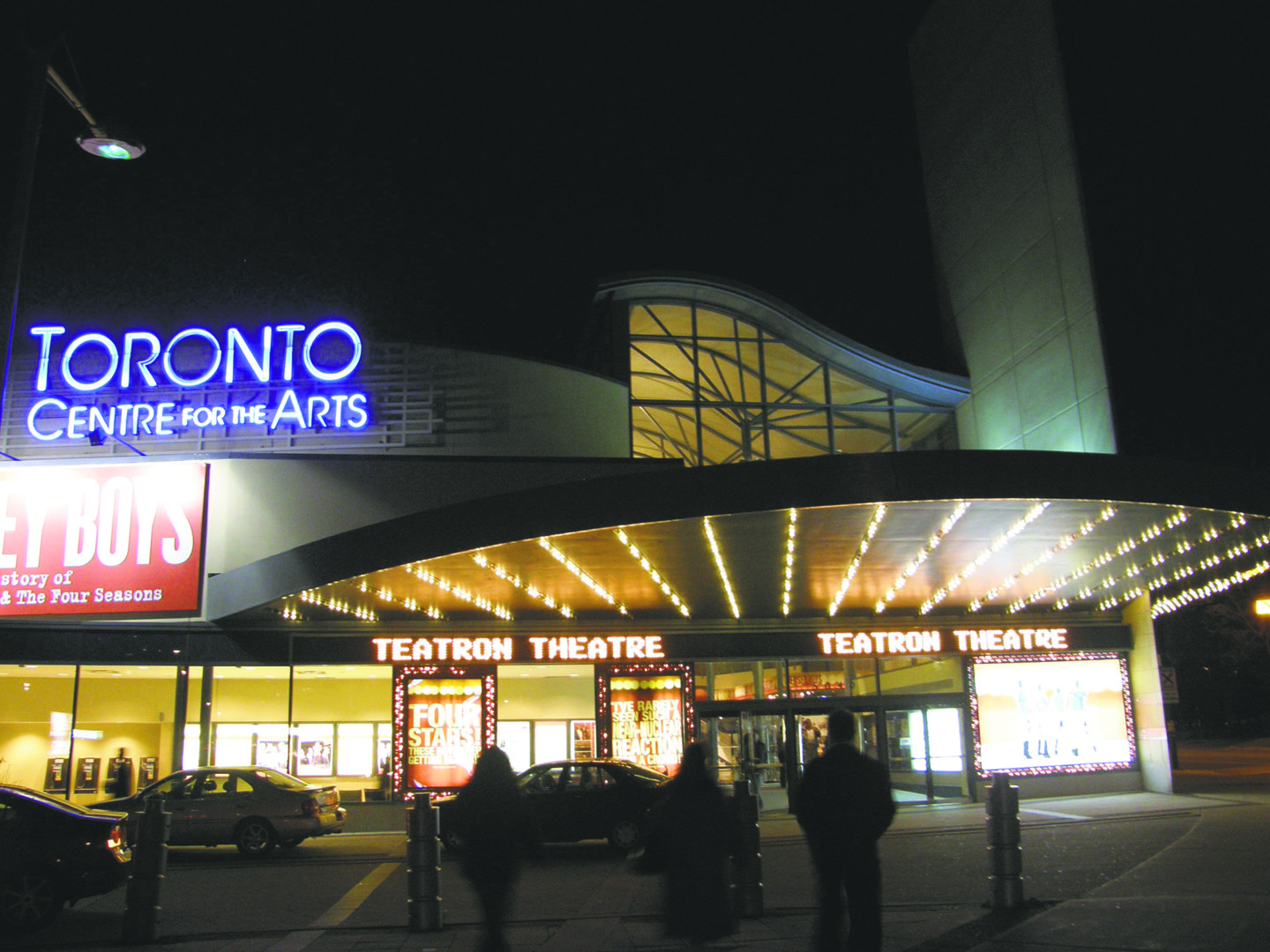For the last 12 years, Teatron Toronto Jewish Theatre, the brainchild of director Ari Weisberg, has filled a rare niche in the city as the sole theatre company accessible to observant Jews.
It’s been a point of principal that rehearsals and performances are never held on Shabbat or the High Holidays.
And Weisberg said that over the years one or two of the actresses have been shomer negiah (meaning they couldn’t touch a man who wasn’t their husband).

Before starting Teatron, Weisberg directed plays for other theatres, but as he personally started to become more observant, he “had to start working around Shabbat and holidays.” A friend asked him if he’d ever considered directing “Jewish plays,” Weisberg recalled, and thus the seed was planted.
In 2002, Weisberg launched Teatron, a not-for-profit company he helmed as artistic director and through which he produced and directed two to three Jewish-themed plays per season for over a decade.
Now, after being on hiatus for two years, Teatron is entering a new era, with Weisberg – who is making aliyah with his wife – handing the reins to producer and writer Phyllis Feldman.
“I’ve always had an interest in maintaining Jewish culture, as well as in Jewish theatre,” said Feldman, who was previously involved with the Medina Theatre Ensemble and formerly a board member at the Ashkenaz Festival.
“Phyllis and I chose each other,” Weisberg joked, explaining that he and Feldman had a number of meetings to discuss the future of Teatron before making the transition official.
“I think she’s great; very energetic and talented and has got the right ideas. She’s been going at things full speed. I’m very pleased,” Weisberg added.
Last June, Feldman’s production of The Jewish Radio Hour, a musical written by Theresa Tova that captures the heyday – from the late 1930s to the ’50s – of the eponymous Yiddish radio show, sold out at the Richmond Hill Centre for the Performing Arts.
Feldman said that as Teatron’s new artistic director and executive producer, her vision is focused on “bringing Jewish stories to life” – incidentally, the company’s new tagline.
Feldman said she’s particularly interested in producing plays that feature “slice of life stories audiences can relate to…it’s really about relating.”
The company will continue to avoid rehearsing and performing on Shabbat and holidays.

A key difference under her leadership, Feldman said, is that she’ll be bringing on an active board of directors from diverse professional backgrounds, including those from the arts and business communities.
The previous board was small and not particularly active, she noted.
For Teatron’s 2017/18 season, Feldman will be producing a remount of The Jewish Radio Hour at the brand new Lyric Theatre, housed in the Toronto Centre for the Arts.
“[My production of it last year] got such rave reviews. So many people told me they hadn’t gotten to see it, so I thought, ‘What a wonderful marriage of my vision and Teatron’s, to produce the play on this larger scale,’” Feldman said.
Teatron originally staged performances at the now defunct Leah Posluns Theatre and subsequently moved to the Toronto Centre for the Arts.
For the fall of 2017, Feldman is looking into producing The Right Road to Pontypool, written by Montreal-born actor and playwright Alex Poch-Goldin.
The play is about an Ontario resort town near Kawartha Lakes that was a popular weekend getaway for Jewish families from the 1950s through the ’70s.
The place was, essentially, “a poor man’s Catskills,” Feldman said, adding, “A train went there [from Toronto]. A lot of people from the garment industry would go…it was specifically popular among the Holocaust survivor set.”
Because Teatron’s audiences tend to be older, Feldman hopes there will be a nostalgic appeal for those who remember Pontypool or heard about it from their parents.
“I’d certainly love people in their 20s and 30s to come, but in general, they’re not coming to Jewish-themed plays,” Feldman said.
For winter or spring of 2018, she hopes to produce a contemporary, “slice of life family drama,” but can’t yet name the play’s title.
Overall, she said, “My premise for Teatron is concentrating on stories that will resonate and connect with the audience…I want people to say, ‘Oh my god, I want to see that play,’ either from nostalgia or because it’s about a theme that’s controversial or relatable.”
